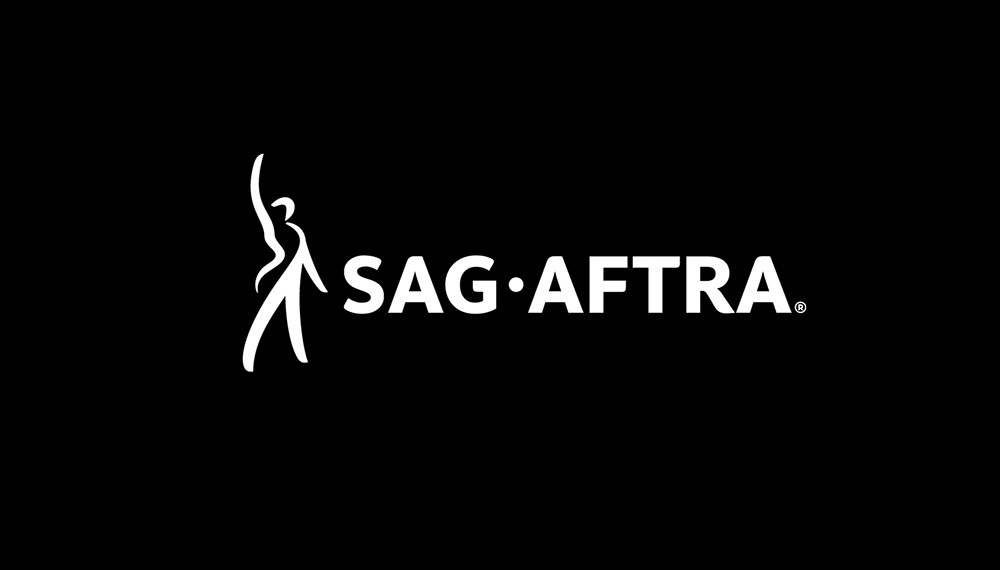
Tickets.com reported improved financial results for the first quarter ending March 31, 2002. The company attributes its favorable performance to a combination of increased revenue and significant cost reduction, resulting in higher profit margins, announced Tickets.com CEO, Ron Bension who joined Tickets.com in December 2001.
"Our sustained focus on decreasing our costs and enhancing our efficiency, while further leveraging our existing infrastructure to service new and current clients continue to yield results," said Bension. "During the first quarter we further increased our presence around the country by attracting prestigious clients and penetrating major categories including sports and music. I look forward to continuing that momentum while remaining focused on our products, services and customers."
During the first quarter, Tickets.com aggressively expanded its presence across regions and categories. In the sports category the company signed two additional full service Major League Baseball teams to its roster, the Houston Astros and Chicago White Sox, thus securing its presence in the Chicagoland region. With these additions Tickets.com now services 20 of the 30 Major League Baseball teams. Tickets.com also amplified its partnership with the National Football League by signing its third franchise to its client roster, the Buffalo Bills.
Also during the first quarter, Tickets.com attracted new business categories, including the prestigious award-winning music venue, the 9:30 Club. In February, Tickets.com completed its record setting Olympic ticket sales for the 2002 Olympic Winter games in Salt Lake City. As part of its success, Tickets.com reinvented the complicated systems historically used to service Olympic ticket sales by migrating ticketing services to the Internet. Of a total of 1.4 million tickets sold for the Olympics, a record 75 percent were sold over the Internet thus underscoring the Company's ability to "flawlessly" execute a complex ticketing challenge.
Total revenues for the first quarter of 2002 were $17.9 million, a 20 percent increase versus the same period in 2001 and an 84 percent improvement from the prior quarter. The fourth quarter of 2001 was a significant anomaly, in terms of revenues, due to a fall of in ticket sales driven by the events of September 11th. Of total ticketing revenues during the first quarter, almost 54 percent of all revenues through Tickets.com distribution channels were sold over the Internet.
Total gross profit in the first quarter improved by 64 percent year-over-year to $8.6 million. From a margin standpoint, the first quarter result of 48.1 percent represents a 13.0 percentage point increase over the year ago quarter and a 12.0 percentage point improvement versus the immediately preceding quarter. These increases in both total dollars and margin percentage performance were driven by a variety of factors including greater operational efficiency through higher ticketing volumes, lower costs and more volume through the Internet distribution channel, and are consistent with the company's focus on driving higher margin performance for each revenue dollar.<P
Tickets.com's operating expenses continued to decrease to $13.6 million in the first quarter, a 24 percent improvement from the prior year when adjusting for non-recurring items in 2001. This reduction represents a continuing trend over the past 2 1/2 years of reduced operating expenses.
The EBITDA (earnings before interest, taxes, depreciation and amortization) loss for the quarter of $2.8 million represents an 88 percent improvement as compared to the same period in 2001. Pro forma EBITDA (which includes non-cash expenses of marketing and advertising relationships) loss was $2.1 million in the first quarter of 2002. This represents a 73 percent improvement over Q1 2001. Pro forma EBITDA is presented in addition to results provided in accordance with generally accepted accounting principles (GAAP). Management measures the progress of the business using this pro forma information as an indicator of operating cash usage.


























































